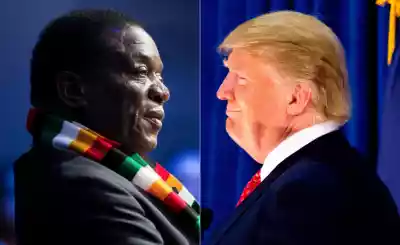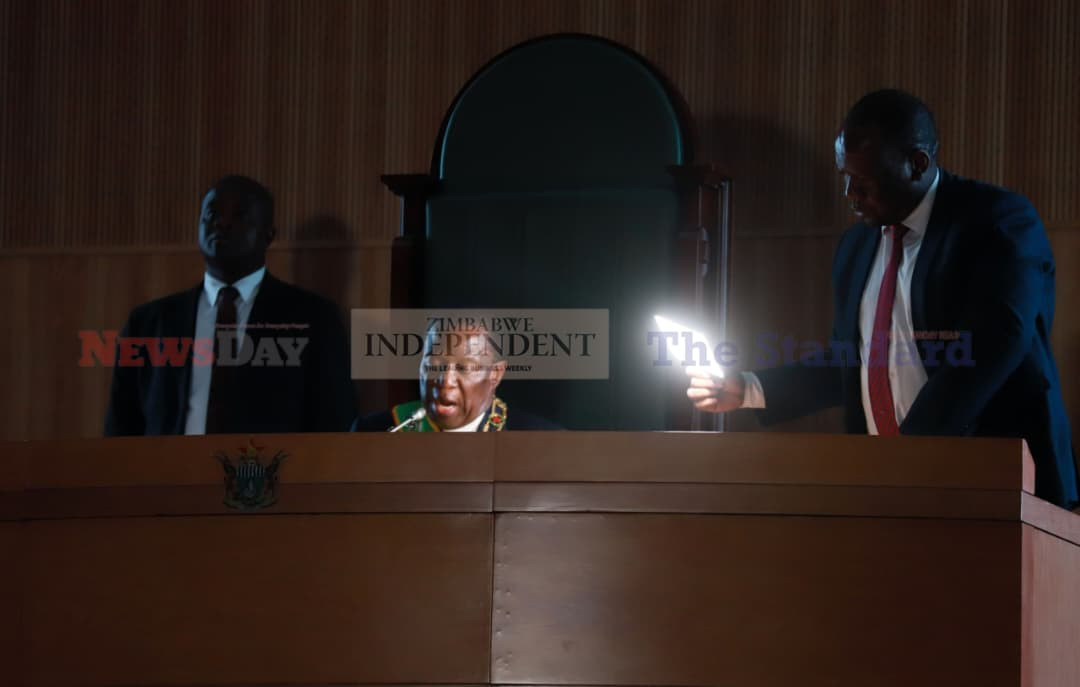
THE recent surge in the US dollar (USD) following Donald Trump's election victory has ignited significant debate regarding its justification and future trajectory. Trump's promises to raise tariffs and cut taxes have fueled expectations of higher inflation and interest rates, making the US dollar more attractive to investors.
While this may be happening thousands of miles away, a prolonged trend of this development has defining impacts on Zimbabwe. Thus, to assess whether this short-term development is justified, and whether the US dollar will continue appreciating, it is essential to delve into the underlying economic factors and policies shrouded in the recent Republican win.
The US dollar's appreciation immediately post the presidential elections which saw Trump win, can be attributed to several key factors. Firstly, while the market expects Trump to tighten money supply, which could have led to an abrupt reaction in exchange rate, the US economy has exhibited resilience recently, with solid growth. The Federal Reserve's aggressive interest rate hikes to curb inflation have made US dollar denominated assets more attractive to international investors seeking higher yields.
This demand for US dollar assets has driven up the currency's value. The potential for further fiscal stimulus under Trump's administration, through tax cuts and increased government spending has bolstered investor confidence in the US dollar. Nonetheless, while geopolitical tensions and economic uncertainties led investors to seek safe-haven assets, with the US dollar being a primary choice, this may see an inverse direction under Trump’s foreign policy stance.
Looking ahead, the future trajectory of the US dollar will depend on several factors. If the US maintains solid economic growth and the Federal Reserve continues its tight monetary policy under the new administration, which is highly expected, the US dollar is likely to remain strong. It is, however, also imperative to pay attention to how geopolitical events or trade tensions will turn out under Trump’s administration as these have the potential to impact investor sentiment and drive fluctuations in the US dollar.
For a country like Zimbabwe that relies heavily on commodities, the implications of a stronger US dollar and Trump's economic policies are multifaceted. A stronger US dollar generally leads to higher costs for debt repayments and imports, as many commodities are priced in US dollar. This can exacerbate inflationary pressures and strain the financial stability of these economies. Trump's economic policies, characterised by protectionism, deregulation, and tax cuts, are likely to lead to trade tensions, impacting global trade flows and commodity prices. For instance, higher tariffs on Chinese goods could disrupt supply chains and reduce demand for raw materials.
The combination of higher tariffs and a stronger US dollar could create a challenging environment for Zimbabwe, a commodity reliant economy, leading to increased economic volatility and uncertainty. By imposing tariffs as high as 60% on Chinese goods and up to 20% on other imports, Trump may succeed in protecting domestic industries and reducing the trade deficit. However, these tariffs could also lead to retaliatory measures from other countries, further disrupting global trade and impacting commodity prices. For Zimbabwe, these trade disruptions could lead to reduced demand for commodities against higher import costs, straining the economy. Additionally, the increased cost of debt repayments due to a stronger US dollar at a time companies and the government are recording significant exchange losses on foreign obligations could limit the economy’s ability to stabilise and grow.
To navigate these challenges, Zimbabwe ought to focus on economic diversification and reducing dependency on commodity exports. Investing in value-added industries, improving infrastructure, and enhancing trade relations with other countries will help build resilience and sustain growth. Additionally, exploring alternative markets and currencies for trade in the short to medium term may mitigate the impact of a stronger US dollar and trade tensions.
By adopting these strategies, Zimbabwe can build resilience and navigate the uncertainties that come with the “new” Trump administration, including complexities of the global economic landscape, thus sustaining growth and economic stability.
Duma is a financial analyst and accountant at Equity Axis, a leading media and financial research firm in Zimbabwe. — [email protected] or [email protected], X: TWDuma_











